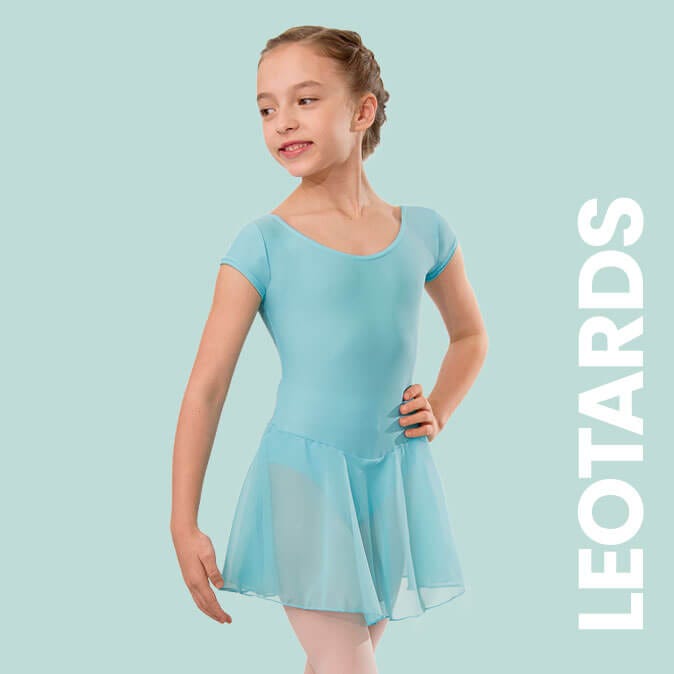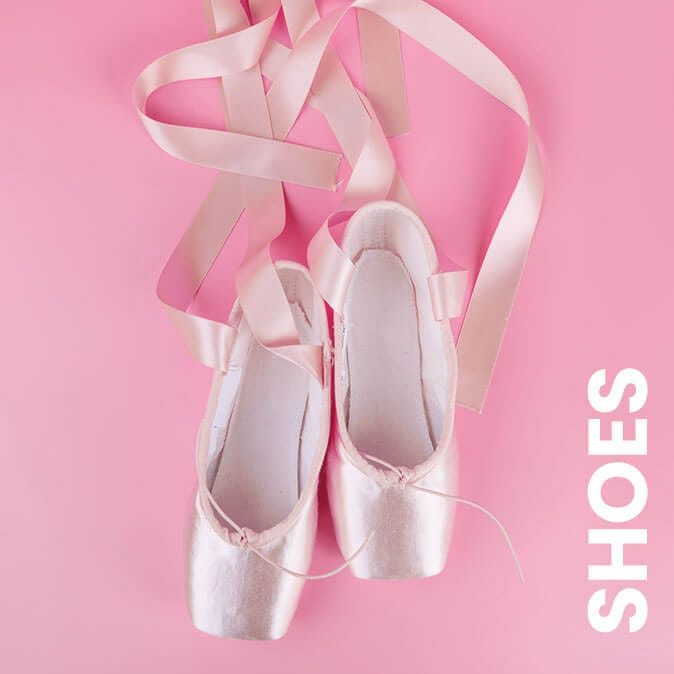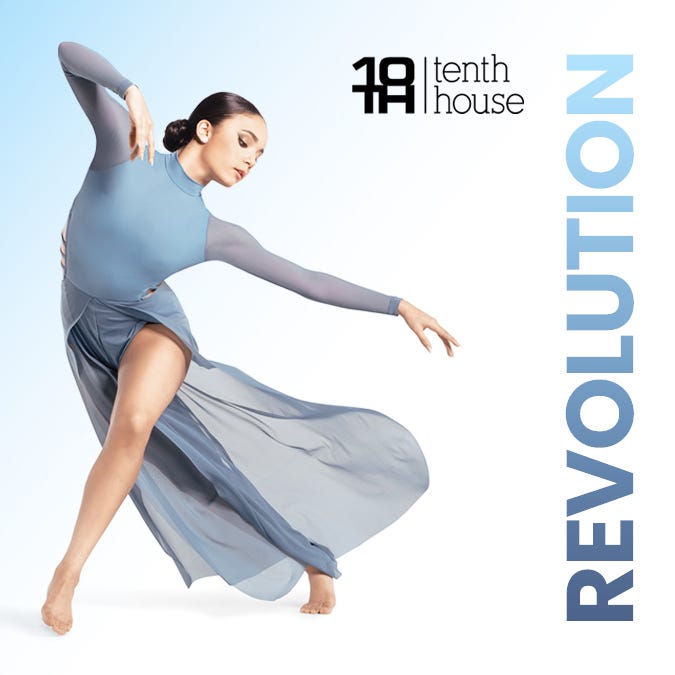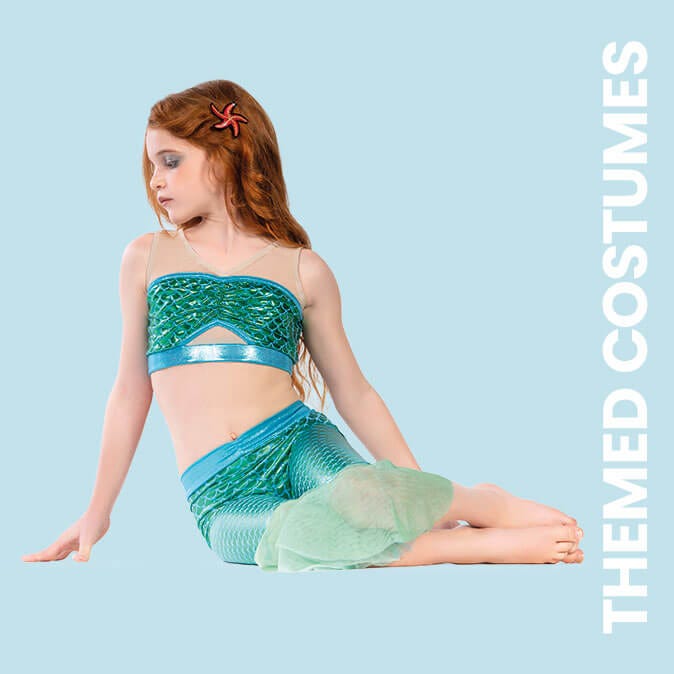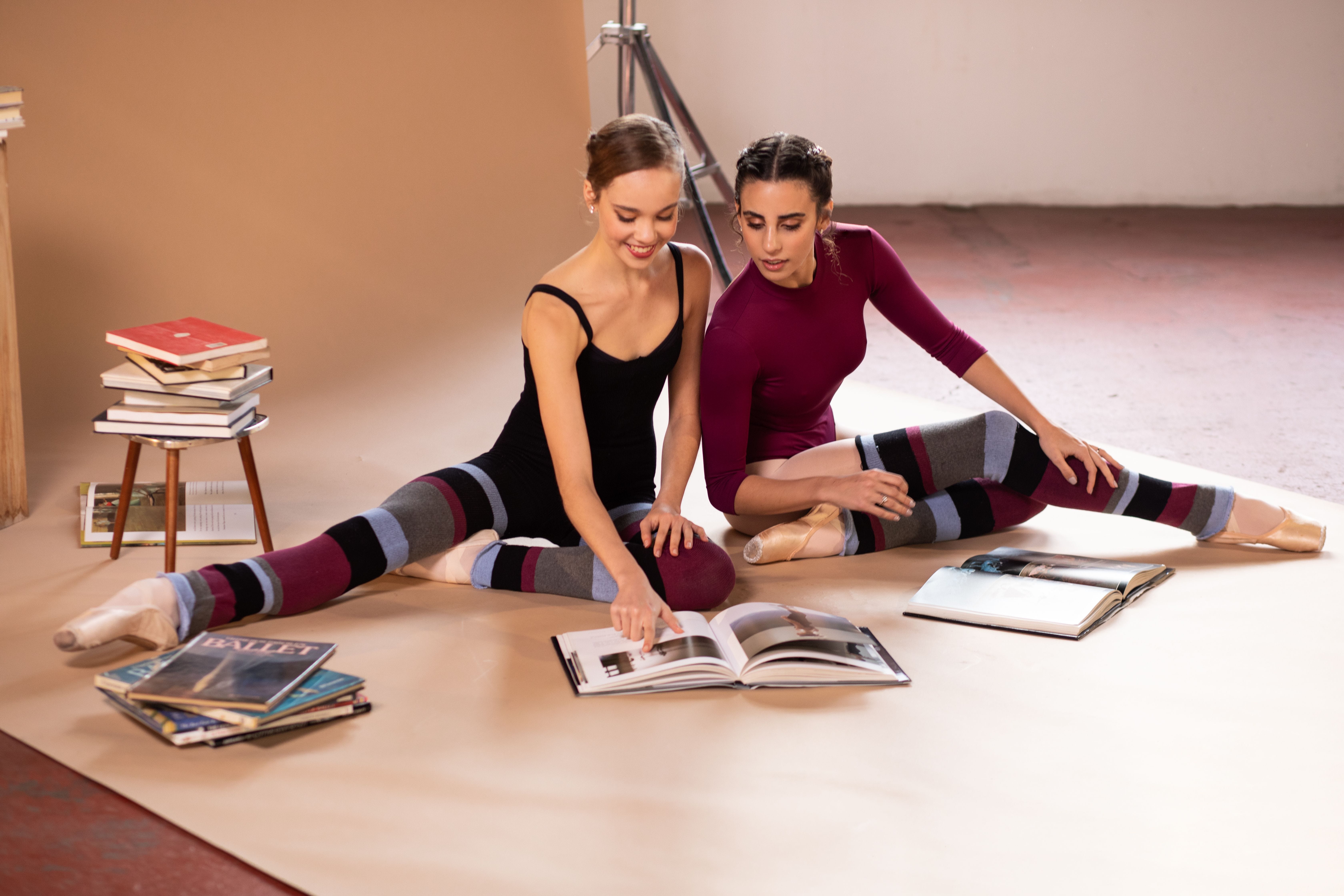Stretching The Limit
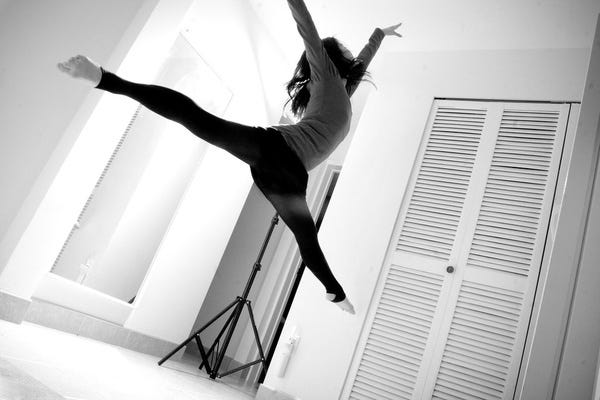

Dancers are renowned for their flexibility, and to many non-dancers, the main aspect that defines 'a dancer' is whether they can do the splits or not! It is without question that dancers have an increased range of movement in comparison to the average person, and often dancers coincidentally have a natural flexibility aside from that as a result of their training.
Your students naturally spend a lot of time in the studios or dance environments, and their whole craft is based on the physical attributes of their bodies. Much time must be spent maintaining and enhancing their skills, keeping them in top condition for what is required. Dancers must ensure they take time at the beginning of the class to warm the body up sufficiently with cardiovascular activity, and they must also take time afterwards to cool down properly. This is done through lowering the heart rate properly and stretching out their muscles, as this is much safer when they are warm.
The intensity of stretching has long been a point of discussion, as well as the different stretch techniques, such as static, dynamic and proprioceptive neuromuscular. When cooling down, dancers use static (still) stretches to elongate the muscles and improve the range of movement, whereas dynamic stretching should be mostly used during warm up exercises, so the body moves through the stretch and isn't held there for long periods of time when the muscles are still cold.
In terms of intensity, dancers often feel that if the stretch is more intense it will lead to greater flexibility as the muscle is being pushed to its extent. However, it has been thought that this may cause trauma to the muscle, and as a result it may be better to stretch with less intensity for greater results.

